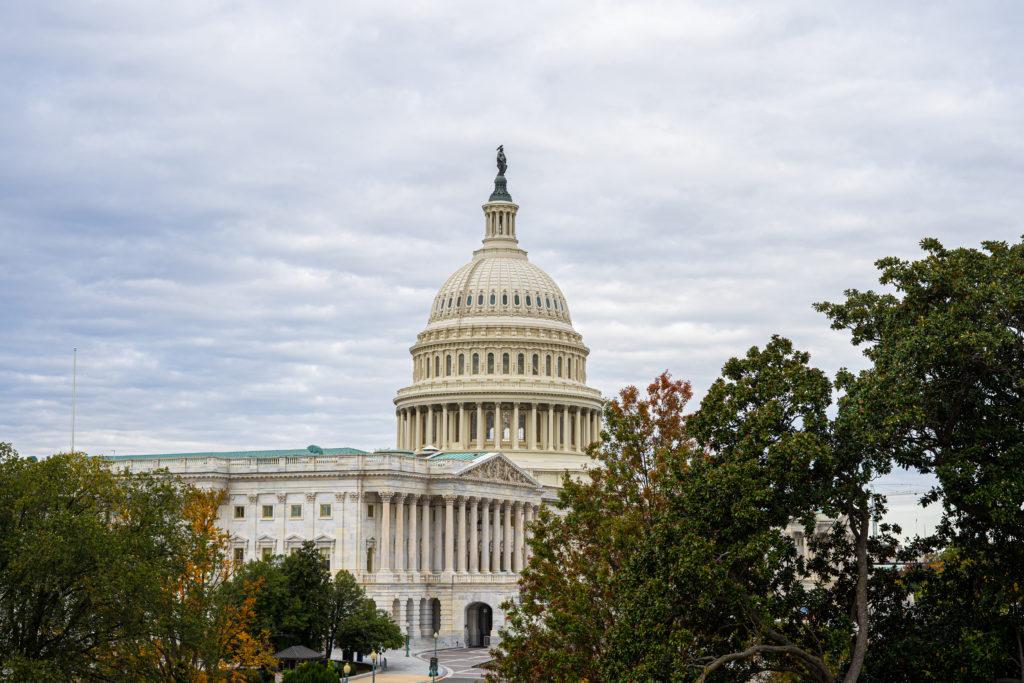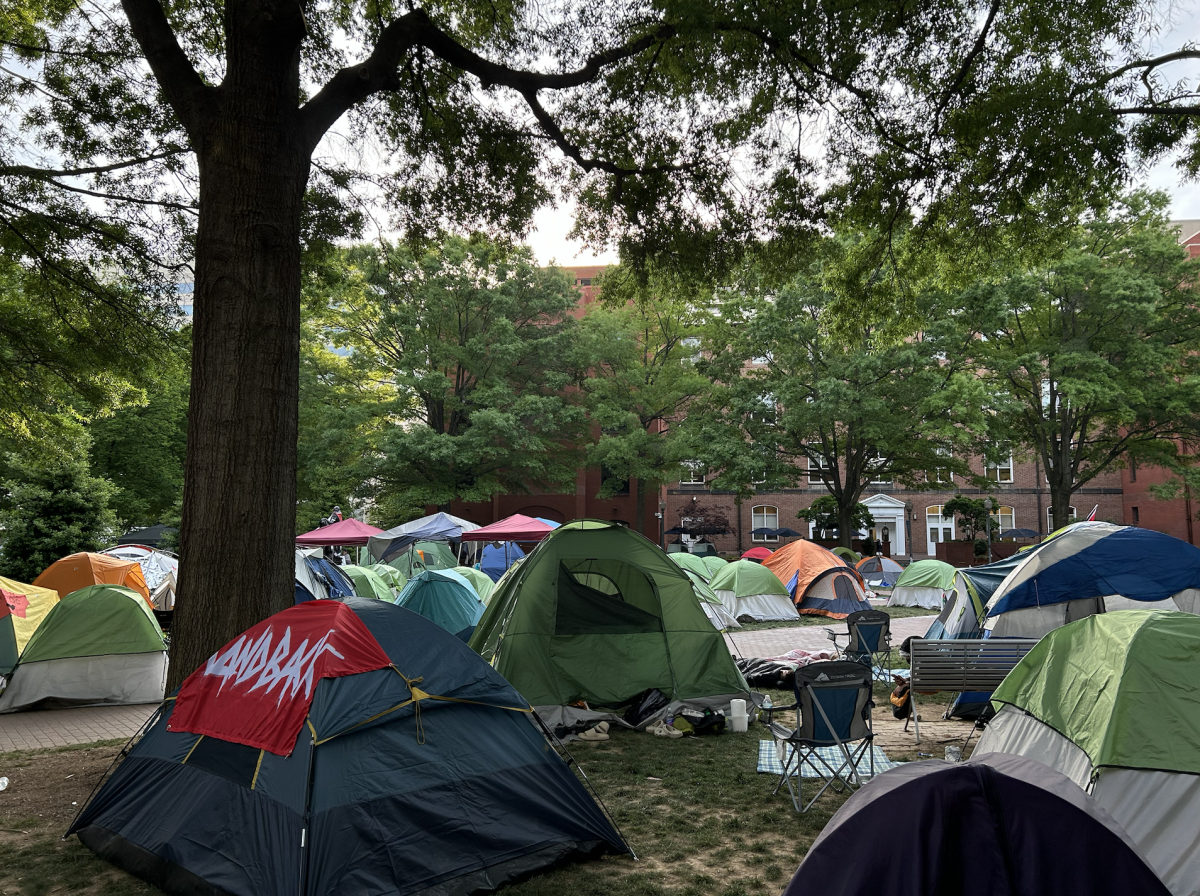Students saw a decrease in their Federal Work Study Program allotments, after the Department of Education allocated GW $1.5 million less in federal work-study dollars this year.
The University’s work-study pool dropped from $3.8 million to slightly more than $2.5 million this year, due to the federal government lowering the amount of stimulus money allotted for the program. The stimulus added $200 million to the work-study program last year that was non-renewable, according to the Chronicle of Higher Education.
The Federal Work Study Program is a federally-funded work program that allows students who have received an award from GW’s Office of Student Financial Assistance to earn money while working at pre-approved organizations. Work-study locations include GW departments, local nonprofits, government agencies and community service employers.
The average student award this year is between $2,000 and $2,500, down from last year’s $3,000 average, said Daniel Small, GW’s assistant vice president for financial assistance.
Small said the $3.8 million pool last year was an anomaly, citing a large increase in stimulus funding that allowed the DoE to allocate more work-study funding to colleges and universities across the country.
“The increase in funding for last year is a result of the federal stimulus provided to the program,” Small said.
He said despite the peak in funding during the 2009-2010 academic year, the work-study allocation has stayed roughly the same for several years. The federal funding for both the 2007-2008 and the 2008-2009 academic years came in at $3 million.
Typically, the number of students employed through the work-study program at GW ranges from 1,300 to 1,600, Small said, adding that last year, participation was a little higher due to the increase in funds the University could award.
“Last year, with the higher funding we generally could offer work study to eligible students throughout the year,” Small said. “With the economy, I think most students decided it was best to find employment on campus, so students took advantage of their work-study award.”
A decreased work-study allocation is something many schools are facing, Small said.
In a report by Georgetown University’s student newspaper The Hoya, the school received $1 million less in aid for work study this year. Other market basket schools are also facing cuts. New York University’s work-study allocation dropped from $11 million in 2009 to $7 million in 2010, according to NYU’s student paper the Washington Square News.
“The decision by the Department of Education to use stimulus funds to increase the work-study allocation [means] most schools experienced an increase in their federal work-study award,” Small said. “Though schools have seen a decrease in funding from last year, [you] have to keep in mind the reason is there [are] no stimulus funds available.”
The allocation for each school is determined by the federal government, Small said, adding that the Department of Education will determine the distribution with a specialized formula including historical information on how much each school has used in the past and how much Congress has appropriated for the program.
To be eligible for work study, students must meet the guidelines established by the federal government. Then, the GW Office of Financial Aid takes into account all other forms of assistance students receive, to determine if they are eligible for work-study funds.
Sophomore Matt Freeman was awarded a work-study job at the local nonprofit Casey Trees last year. While Freeman said he had a great time participating in the program, he was disappointed to lose a grant for the current semester.
“This year, I applied to seven different work-study jobs but I was unable to get any offers back,” Freeman said.






